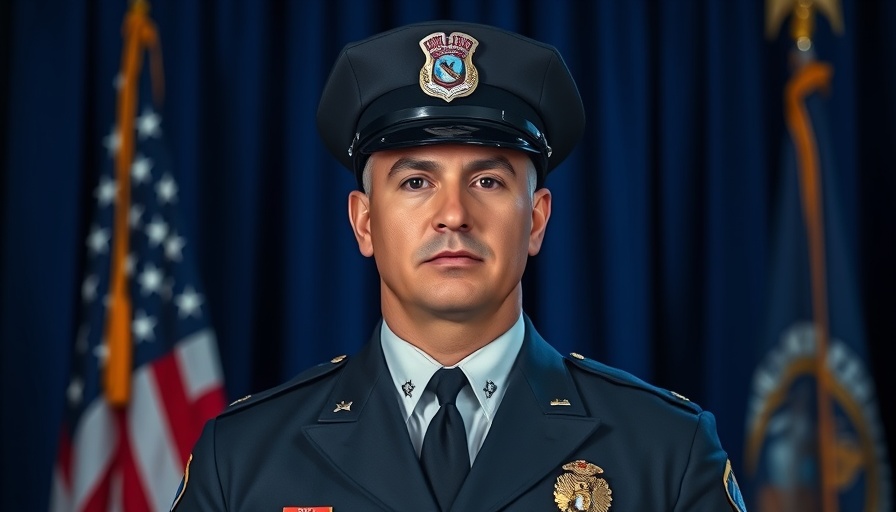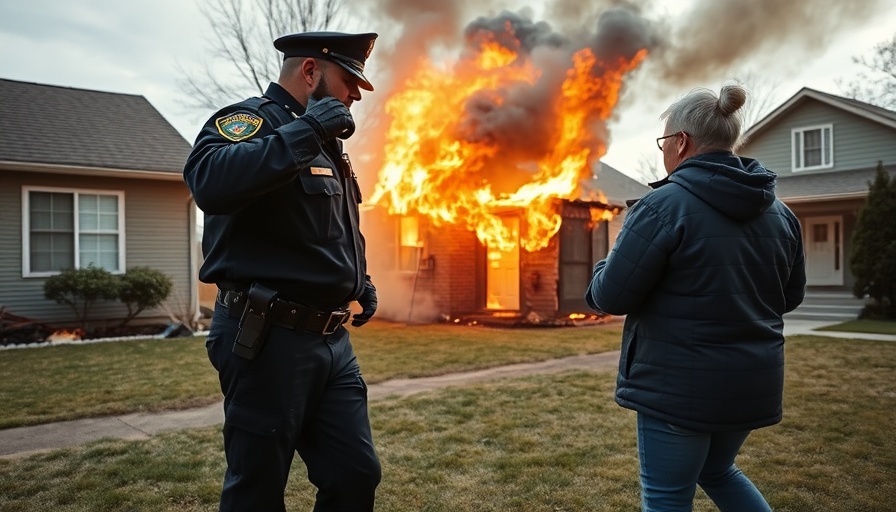
Remembering Officer Kelvin Patrick: A Legacy of Courage
In a somber chapter of law enforcement history, the Detroit Police Department mourns the loss of Officer Kelvin Patrick, who recently passed away due to injuries sustained in a shooting incident 29 years ago. The officer’s valiant service, marred by tragedy and resilience, resonates deeply for current and future police personnel amidst an evolving landscape of public safety.
On May 24, 1996, while patrolling Detroit, Officer Patrick and his partner engaged with two juveniles, a routine interaction that swiftly turned life-threatening. Without warning, the youths opened fire, striking both officers. Officer Patrick sustained grievous wounds to his torso, including a gunshot that severed his spinal cord, resulting in partial paralysis.
Despite such overwhelming odds, Officer Patrick's determination never wavered. After undergoing extensive rehabilitation, he adapted to his injuries and returned to the police force for another decade, ultimately retiring in 2006. His remarkable story exemplifies not just individual bravery but also the resilience required in modern policing, where threats can manifest in unexpected encounters.
A Legacy that Speaks to Police Safety and Training
The shooting incident involving Officer Patrick raises critical questions about police training and officer safety protocols. Are current methods robust enough to equip officers to deal with sudden violence? This concern is echoed in ongoing discussions about police reform and training improvements across the United States.
Furthermore, the chilling reality that the attackers were never apprehended leaves an unsettling mark on community trust in law enforcement. How can departments enhance their investigative capabilities to ensure accountability while fostering positive relations with the neighborhoods they protect?
Understanding the Emotional Toll on Officers
The emotional and psychological impact of traumatic events like this can be profound. Officer Patrick’s story serves as a reminder of the mental health challenges faced by law enforcement personnel. As discussions on officer wellness gain traction in the wake of rising police suicides and burnout, initiatives targeting mental health support and resilience training are urgently needed.
Future Predictions: The Evolving Landscape of Public Safety
Looking ahead, as society grapples with the complexities of law enforcement in the 21st century, it is imperative to balance community engagement with effective law enforcement strategies. Innovations such as body cameras, AI-driven crime prediction, and improved communication with communities stand to reshape the narrative around policing, enhancing transparency and accountability.
As legislatures consider reforms, public safety news demonstrates an urgent push towards implementing policies that prioritize not only the safety of officers but also the public’s trust. The discussion surrounding police union negotiations, accountability measures, and police budget allocations are more relevant today than ever.
A Call for Action and Reflection
As we remember Officer Kelvin Patrick's remarkable dedication, it is a call for law enforcement leaders, policymakers, and community members to engage in productive dialogues aimed at bettering our public safety systems. Now is the time for all stakeholders to advocate for policies that honor the sacrifices of officers like Patrick, ensuring that no individual endures the tragic consequences that can stem from violence in their line of duty.
The lessons learned from Officer Patrick's experience should inform the way we approach policing today. Stakeholders from all walks of life—be it policymakers, academicians, or active law enforcement officers—need to unite in pursuit of comprehensive strategies aimed at enhancing officer safety, improving public trust, and facilitating effective community engagement. The time to act is now.
 Add Row
Add Row  Add
Add 

 Add Element
Add Element 


Write A Comment